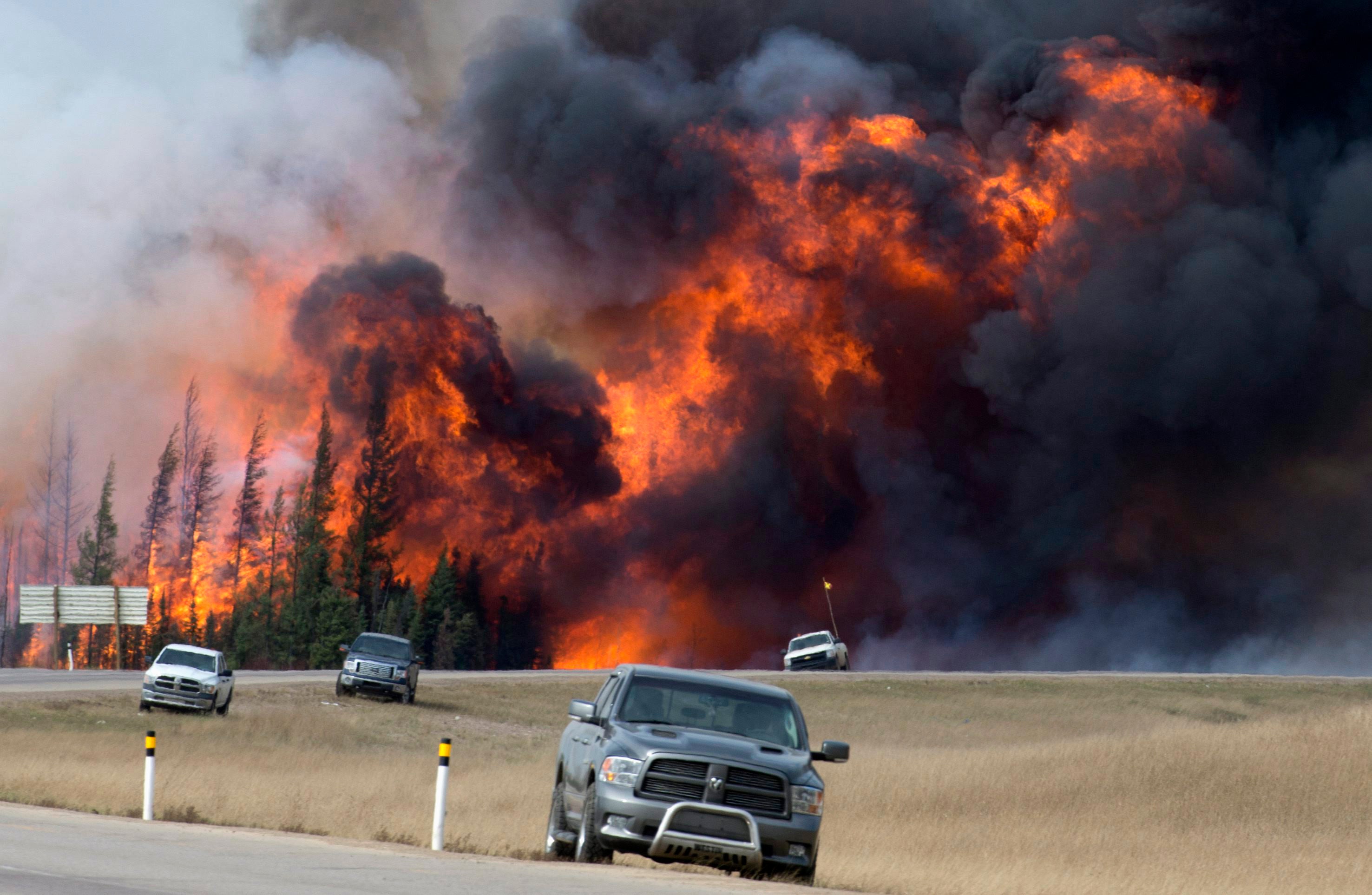Story of a devastating wildfire that reads 'like a thriller' wins Baillie Gifford nonfiction prize
A book about an inferno that ravaged a Canadian city and has been called a portent of climate chaos has won Britain’s leading nonfiction book prize

Your support helps us to tell the story
From reproductive rights to climate change to Big Tech, The Independent is on the ground when the story is developing. Whether it's investigating the financials of Elon Musk's pro-Trump PAC or producing our latest documentary, 'The A Word', which shines a light on the American women fighting for reproductive rights, we know how important it is to parse out the facts from the messaging.
At such a critical moment in US history, we need reporters on the ground. Your donation allows us to keep sending journalists to speak to both sides of the story.
The Independent is trusted by Americans across the entire political spectrum. And unlike many other quality news outlets, we choose not to lock Americans out of our reporting and analysis with paywalls. We believe quality journalism should be available to everyone, paid for by those who can afford it.
Your support makes all the difference.A book about a fire that ravaged a Canadian city and has been called a portent of climate chaos won Britain’s leading nonfiction book prize on Thursday.
John Vaillant’s “Fire Weather: A True Story from a Hotter World” was awarded the 50,000 pound ($62,000) Baillie Gifford Prize at a ceremony in London.
Chair of the judging panel Frederick Studemann said the book tells “a terrifying story,” reading “almost like a thriller” with a “deep science backdrop.”
British Columbia-based writer Vaillant recounts how a huge wildfire that engulfed the oil city of Fort McMurray in 2016. The blaze, which burned for months, drove 90,000 people from their homes, destroyed 2,400 buildings and disrupted work at Alberta’s lucrative, polluting oil sands.
Studemann called “Fire Weather,” which was also a U.S. National Book Award finalist, “an extraordinary and elegantly rendered account of a terrifying climate disaster that engulfed a community and industry, underscoring our toxic relationship with fossil fuels.”
Founded in 1999, the prize recognizes English-language books from any country in current affairs, history, politics, science, sport, travel, biography, autobiography and the arts. It has been credited with bringing an eclectic slate of fact-based books to a wider audience.
Vaillant beat five other finalists including best-selling American author David Grann’s seafaring yarn “The Wager” and physician-writer Siddhartha Mukherjee’s “The Song of the Cell.”
Sponsor Baillie Gifford, an investment firm, has faced protests from environmental groups over its investments in fossil fuel businesses. Last year’s prize winner, Katherine Rundell, gave her prize money for “Super-Infinite: The Transformations of John Donne” to a conservation charity.
The judges said neither the sponsor nor criticism of it influenced their deliberations.
Historian Ruth Scurr, who was on the panel, said she did not feel “compromised” as a judge of the prize.
“I have no qualms at all about being an independent judge on a book prize, and I am personally thrilled that the winner is going to draw attention to this subject,” she said.